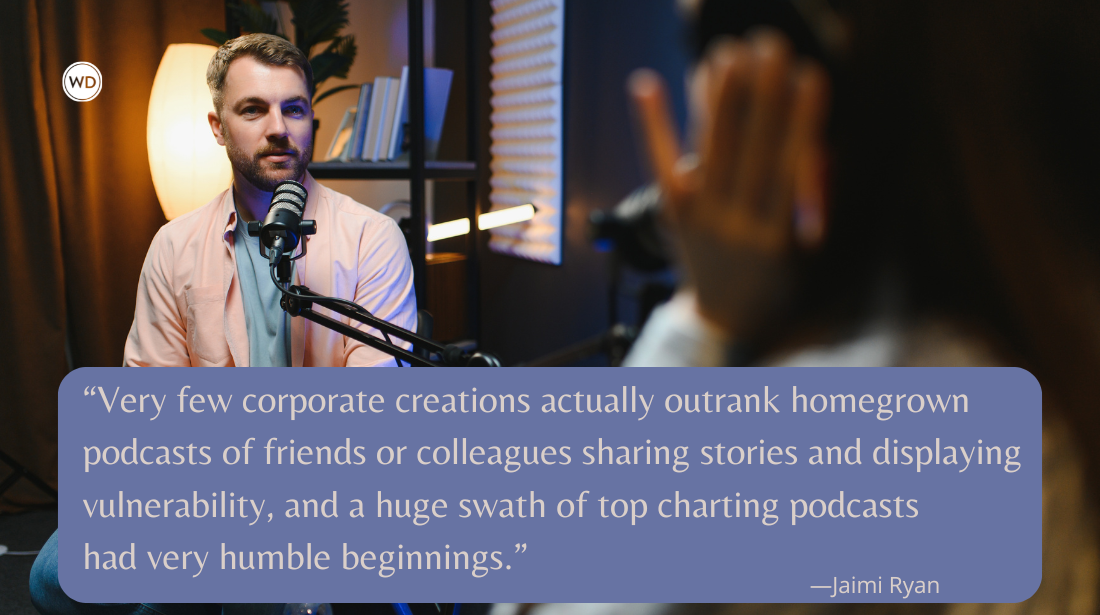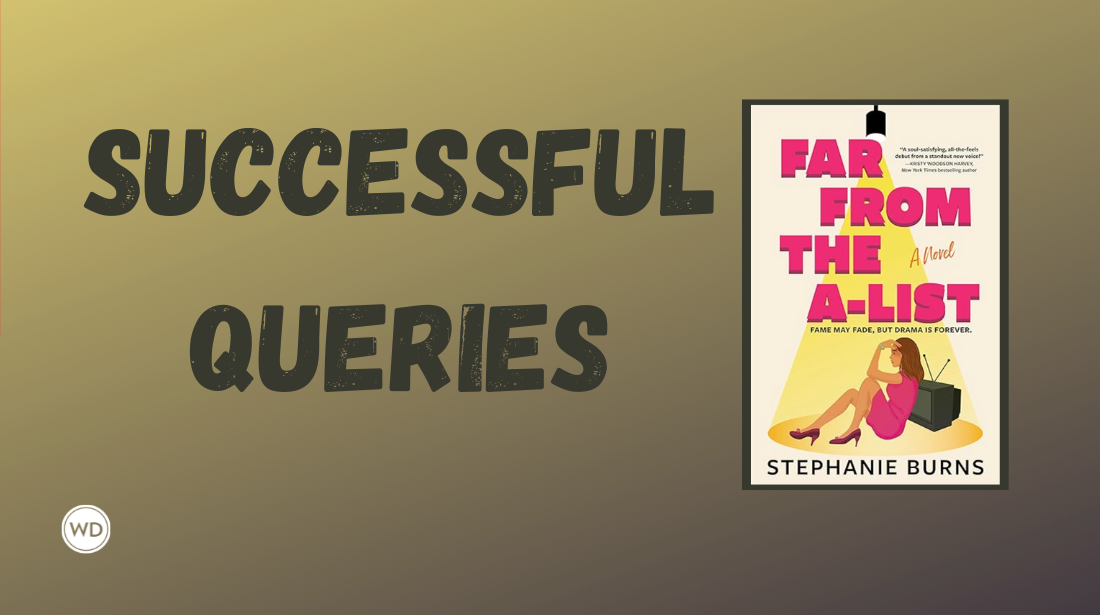5 Tips to Help You Land Freelance Assignments That Pay
Freelance writing is one of the best gigs. You get to be your own boss and write about whatever you want. But freelance assignments don’t generally just fall in your lap. Here are five tips that will help you get in the right frame of mind for freelancing and increase your chances for landing assignments.
Freelance writing is one of the best gigs. You get to be your own boss and write about whatever you want. But freelance writing jobs don’t generally just fall in your lap. Here are five tips that will help you get in the right frame of mind for freelancing and increase your chances for landing assignments.
1. New Angles on Old Ideas
Finding a truly original idea is rare. Most topics have been covered dozens of times in magazines (I’m sure if you look at the history of Parenting you’ll find many articles on potty training). The key isn’t finding a new idea, it’s finding a new angle on a topic that’s important to the magazine’s audience. If you were pitching a potty training article to Parenting, what new twist can you offer? Are there new training methods? Perhaps you found the Guinness World Record holder for the earliest potty-trained baby and know you can interview the parents?
2. Query Early Enough
Some magazines publish a month in advance while others work up to six months in advance. If you wait until October to pitch Martha Stewart Living an article on The Most Fascinating Christmas Light Displays, you’re too late. Keep in mind each magazine’s production schedule when you are querying (Writer’s Market can help you figure out how early to query most magazines).
3. Write a Piece on Spec
Typically when you pitch an article to a magazine editor, you send along your idea in query form and wait for the editor to accept it before writing the piece. If the editor has never worked with you before, he or she may be hesitant to pull the trigger on giving you the assignment. To “write a piece on spec” means to write the entire article before receiving any type of contract. If you submit a completed article for consideration, the editor will be able to see that you can deliver. Also, with magazine staffs at minimal levels these days, a completed piece that’s ready to go is more likely to appeal to a busy editor than a piece that requires a lot of his or her attention.
4. Start by Thinking Small
Breaking into the world’s largest magazines, like Sports Illustrated and Vanity Fair, is difficult—they usually build a stable of reliable freelancers they turn to for most assignments. Smaller publications are usually more willing to take a risk on writers they don’t know, so long as the idea is really good. Work on getting freelance gigs in these smaller magazines to build up some experience and credits. These will go a long way when you’re ready to start pitching the big rags (assuming you still want to).
5. Take Risks
Don’t be afraid to walk outside your comfort zone and write on topics you’d never dream you’d write about. One of the best parts of being a freelance writer is that you aren’t confined to any one subject. Keep your eyes and your mind open. You never know where it may lead you.
Want to learn more?Expand your freelance writing knowledge with these great writing books and videos:
- Writer's Digest Handbook Of Magazine Article Writing
- Freelance Writing Bundle: Build Your Copywriting Career
- How to Sell Freelance Articles (OnDemand Webinar)
************
For more on Brian, his blogs and his book, click here.
Follow on Twitter: @BrianKlems
Brian A. Klems is the former Senior Online Editor of Writer’s Digest, and author of Oh Boy, You’re Having a Girl (Adams Media/Simon & Schuster). Follow him on Twitter @BrianKlems.









